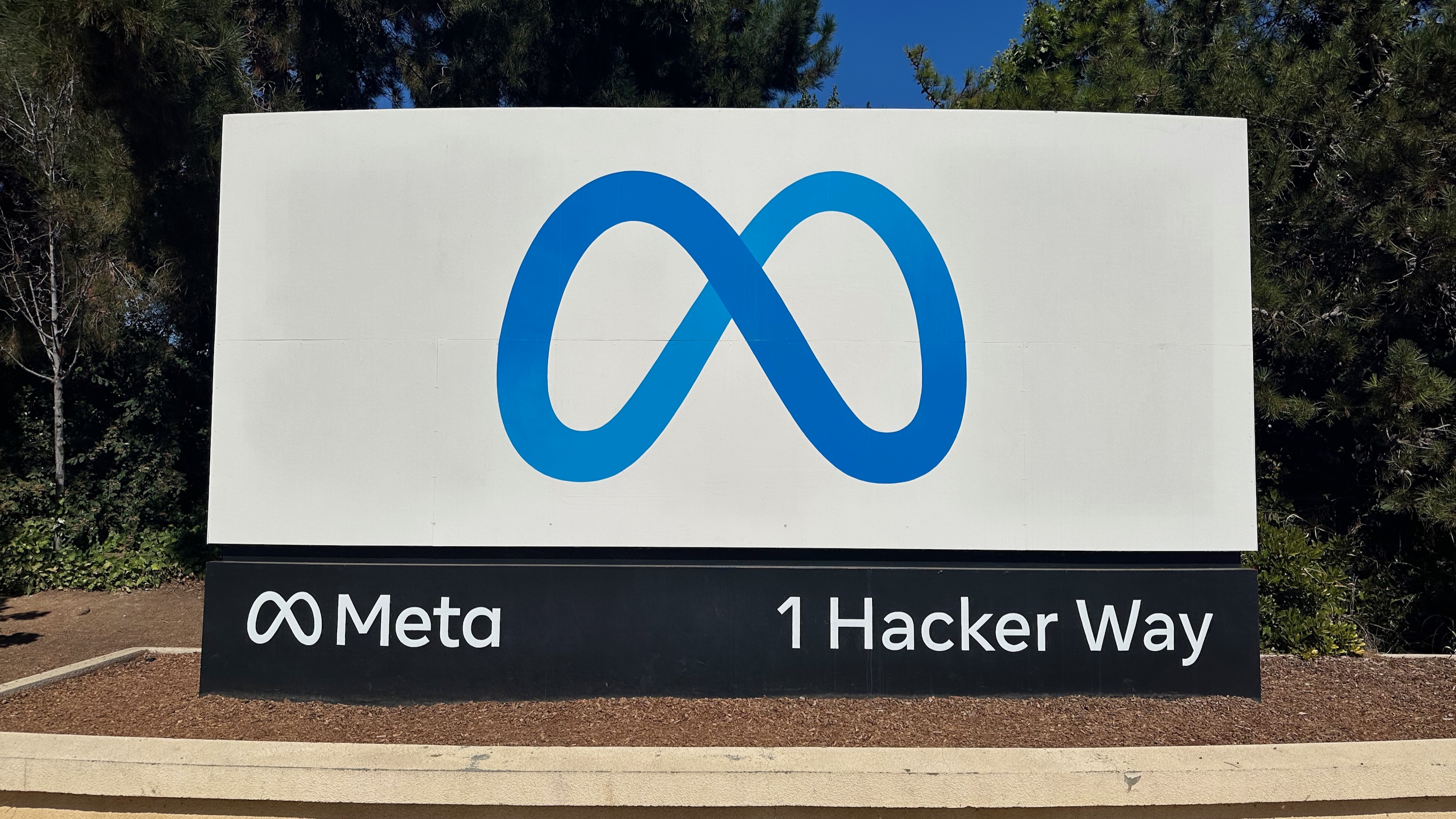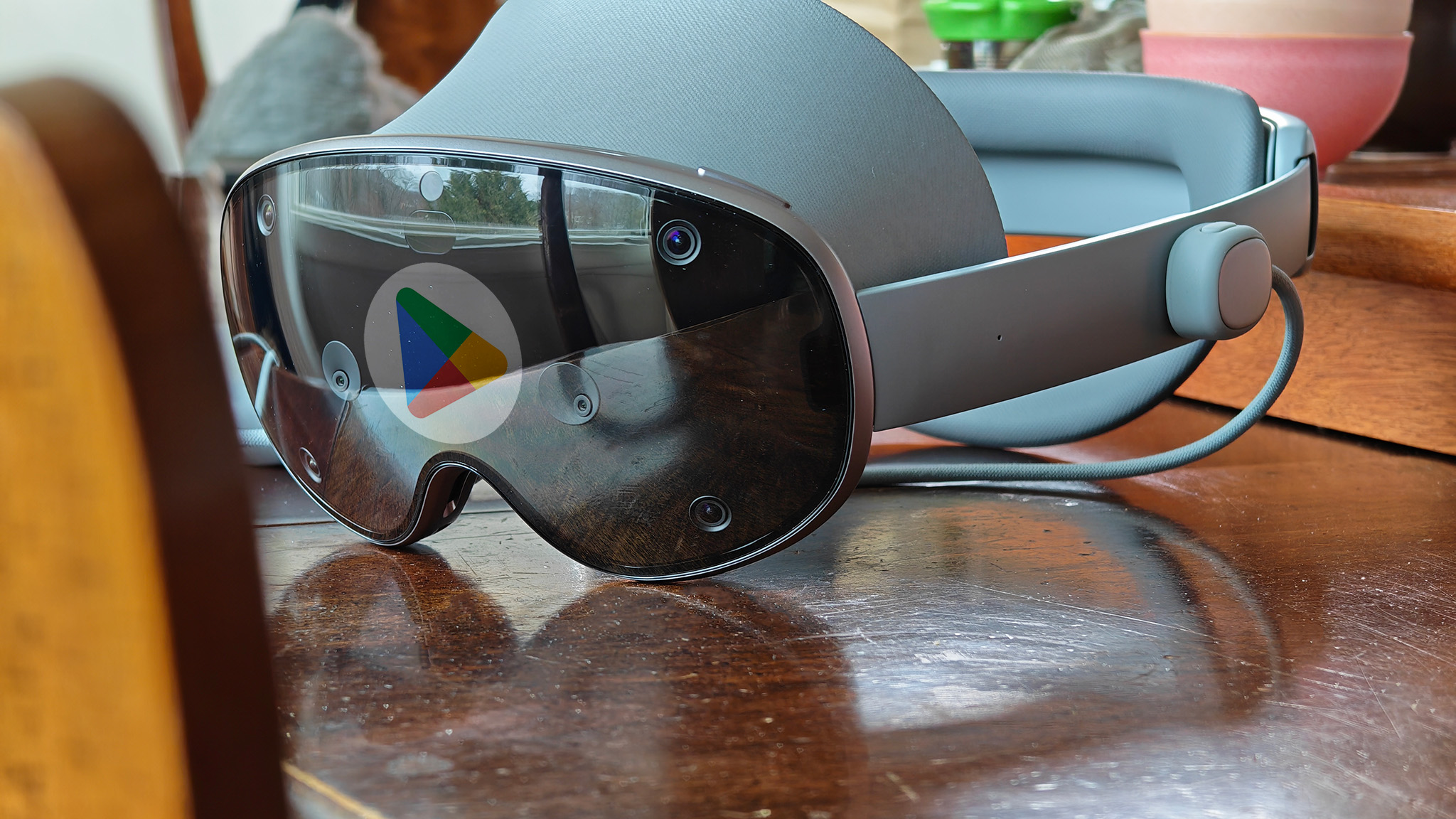Meta wants the court to dismiss an FTC antitrust lawsuit... again
The company filed a motion for summary judgement Friday "because the FTC has failed to provide evidence."

Get the latest news from Android Central, your trusted companion in the world of Android
You are now subscribed
Your newsletter sign-up was successful
What you need to know
- The U.S. Federal Trade Commission filed a lawsuit in 2020 that, if successful, would force social media giant Meta to sell Instagram and WhatsApp.
- Meta filed a motion for summary judgment on Friday and is seeking a dismissal, claiming that the FTC has not provided evidence for its claims.
- A judge already dismissed the initial lawsuit in 2020, but the FTC submitted a revised complaint in 2021. Now, Meta wants the new complaint to be dismissed for the same reason.
Meta is asking for a U.S. antitrust lawsuit from the Federal Trade Commission (FTC) to be thrown out due to a lack of evidence, according to a motion for summary judgment filed Friday, April 5. The case centers around whether Meta exerts monopolistic power in the social media industry due to its ownership of Facebook, Instagram, and WhatsApp. If successful, Meta would be forced to divest (in other words, sell) WhatsApp and Instagram, effectively reversing the acquisitions.
The original complaint was filed by the FTC in 2020, but it was dismissed due to insufficient evidence. A revised complaint was submitted in 2021, and the legal battle has ensued to date. Meta is now asking for the case to be dismissed again for the same reason, hoping to avoid a trial.
In a blog post, the company explained its reasoning for the motion to dismiss. "We've asked the court to dismiss the case because the FTC has failed to provide evidence to support its claims," said Jennifer Newstead, Meta's chief legal officer. "The evidence instead shows that we face fierce competition from a range of platforms and that our acquisitions of Instagram and WhatsApp have benefited consumers."
The FTC is joined by the attorneys general of 48 U.S. states, who together claim that the purchases of Instagram in 2012 and WhatsApp in 2014 were anti-competitive. The same agency approved both acquisitions before they were completed and is now trying to reverse that decision.
"The decision to revisit done deals is tantamount to announcing that no sale will ever be final," adds Newstead, who goes on to say that this lawsuit "will also make companies think twice about investing in innovation, since they may be punished if that innovation leads to success."
The official complaint calls into question the FTC's antitrust market, which is described as "personal social networking services," or PSNS. The FTC claims that this market exists, but it includes only four apps: Facebook, Instagram, Snapchat, and MeWe. Meta disputes this notion by saying that consumers turn to services such as TikTok, YouTube, X (formerly Twitter), and LinkedIn for many of the same offerings that Meta apps provide.
Meta also rejects the claim that it has monopoly power, in part because it does not see the FTC's antitrust market as valid. Additionally, it believes the company cannot be considered a monopoly because it has "never charged a price and never restricted output."
Get the latest news from Android Central, your trusted companion in the world of Android
"From the very beginning, the FTC has failed to state a plausible claim, and the agency has done nothing to build its case through the discovery process to prove otherwise," said Newstead.
Now, the FTC can make its case for why the lawsuit should continue. After deliberation, the court can either rule in Meta's favor and toss out the complaint, or continue toward a trial.

Brady is a tech journalist for Android Central, with a focus on news, phones, tablets, audio, wearables, and software. He has spent the last three years reporting and commenting on all things related to consumer technology for various publications. Brady graduated from St. John's University with a bachelor's degree in journalism. His work has been published in XDA, Android Police, Tech Advisor, iMore, Screen Rant, and Android Headlines. When he isn't experimenting with the latest tech, you can find Brady running or watching Big East basketball.
You must confirm your public display name before commenting
Please logout and then login again, you will then be prompted to enter your display name.
